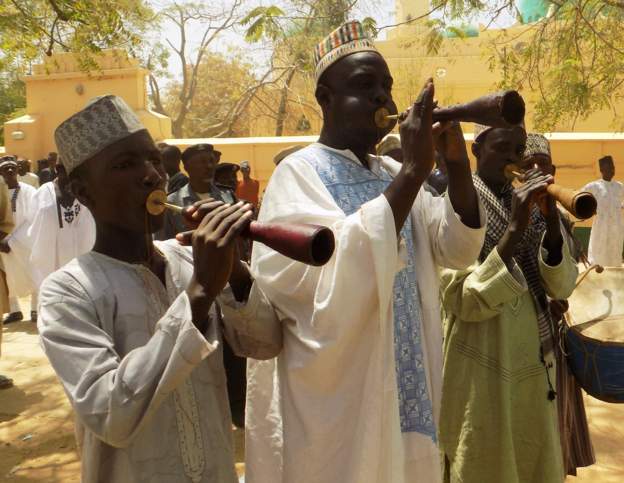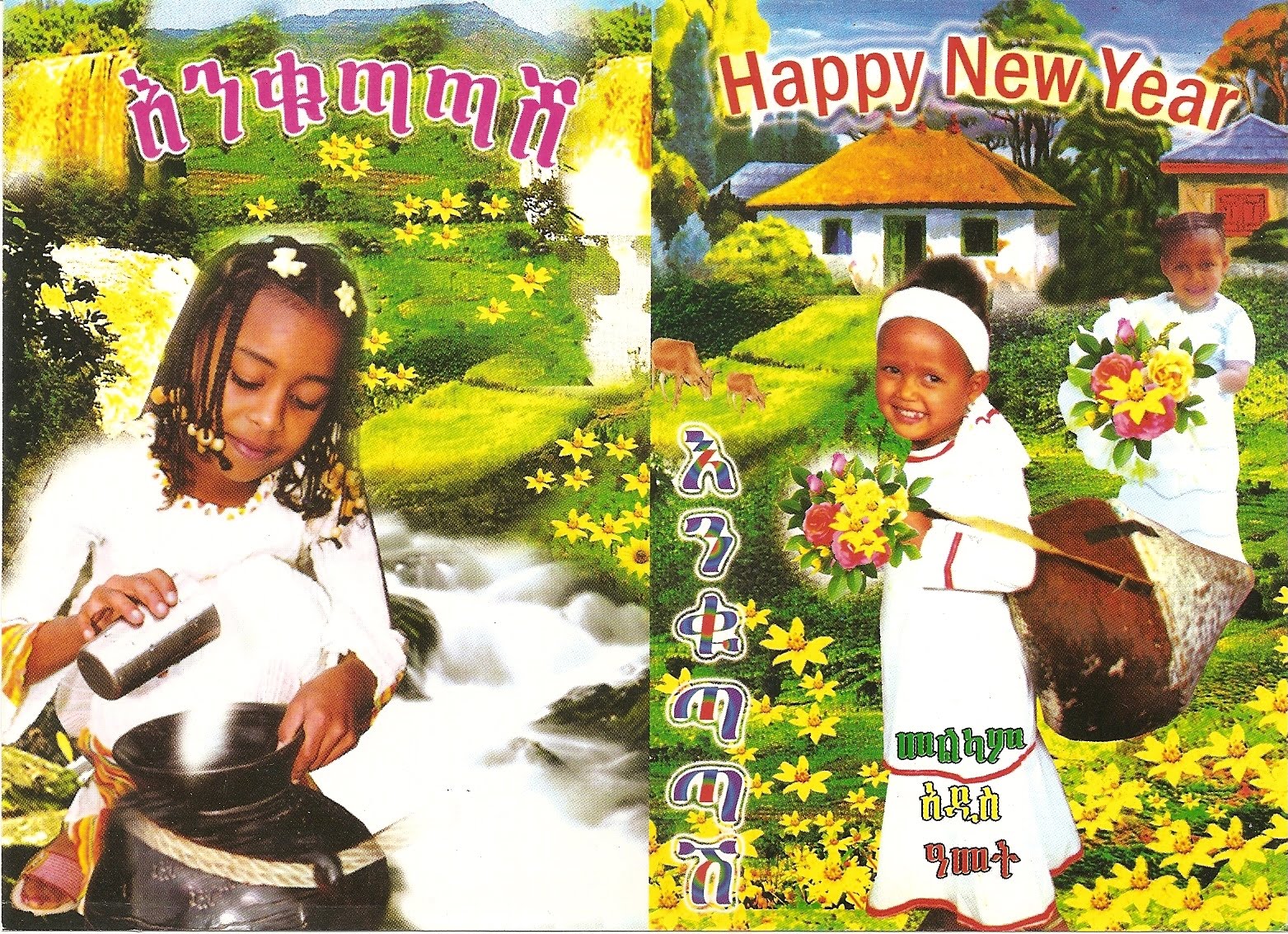
Bodi men: Fed with mixture of raw blood, milk, honey to win fattening competition
What is the Ka’el festival about?
The Bodi men of the Omo Valley in Ethiopia are part of a unique cultural practice tied to their identity, known as the Ka’el festival. This event occurs annually and celebrates a contest where men compete to become the “Fat Man of the Year.” The competition involves unmarried men from different clans undergoing a six-month fattening ritual, during which they consume a high-calorie diet of cow’s milk, fresh blood, and honey, while avoiding physical activity, sexual relations, and leaving their huts.
On the day of the festival, the men present their transformed physiques by parading their enlarged bellies, covered in clay and ash. The community votes for the man with the most protruding belly, who gains lifelong respect as the winner. The cultural significance of this ritual is deeply tied to the Bodi tribe’s values, where fatness symbolizes strength, prosperity, and tribal honor. The practice also reflects their agrarian and cattle-herding lifestyle, where cows hold sacred importance [oai_citation:3,Bodi, the African Tribe Where Men Compete in a Fattening Contest.
Despite its preservation, the Bodi culture remains largely insulated from external influences, which helps maintain the authenticity of traditions like Ka’el. However, the tribe is cautious about engaging with tourists and outsiders [oai_citation:1,Bodi Tribe: Ethiopian Tribe Whose Men Feed On Blood & Milk to Grow Fat](
The historical background of the Ka’el festival
Ka’el festival of the Bodi tribe in Ethiopia is rooted in ancient agrarian and pastoralist traditions that emphasize physical transformation as a symbol of honor, prosperity, and fertility. The practice originates from the tribe’s deep connection to cattle, which are central to their economy, diet, and cultural identity. Cows are not only a source of sustenance (milk and blood) but also hold sacred significance, symbolizing wealth and social status.
Historically, the ritual likely developed as a way to showcase a man’s ability to thrive on the tribe’s resources, demonstrating strength and well-being. The emphasis on fatness as a sign of prosperity and power mirrors similar practices in other pastoralist societies across Africa, where body size has been linked to abundance and success.
The Ka’el tradition, which involves fattening young men for six months to compete for the title of the “Fat Man of the Year,” is an annual event marking the Bodi tribe’s New Year. The use of blood and milk in the diet highlights the importance of cattle in their spiritual and everyday life. Over generations, this custom has become a defining cultural ritual, reinforcing social bonds, tribal identity, and the role of cattle in sustaining the community [oai_citation:2,Bodi, the African Tribe Where Men Compete in a Fattening Contest
Arguments against the Ka’el fattening ritual
The Ka’el festival of the Bodi tribe often focus on the health risks, ethical concerns, and its potential to limit modernization or progress. Here are key points:
- Health Concerns
The practice of consuming excessive amounts of raw blood and milk over six months can lead to severe health issues such as malnutrition, obesity-related problems, and gastrointestinal diseases. The sedentary lifestyle enforced during the ritual increases the risk of long-term complications like heart disease and diabetes. Some contestants vomit or struggle to digest large quantities of blood, highlighting the strain on their bodies
- Ethical and Animal Welfare Issues
The ritual depends heavily on cattle, and while cows are not slaughtered unnecessarily, the practice of collecting blood through punctured necks raises concerns about animal welfare. The process could be seen as exploitative, prioritizing human traditions over the well-being of the animals.
- Cultural Isolation and Resistance to Change
The Bodi tribe remains largely insulated from modern influences, which preserves their traditions but limits opportunities for education, healthcare, and economic advancement. Critics argue that such practices reinforce outdated gender roles and social hierarchies that may hinder efforts to improve living standards or promote gender equality.
- Limited Global Relevance
While the tradition is significant to the tribe, it may not align with modern global values emphasizing health, animal rights, and sustainability. Some argue it could make the community more resistant to necessary societal changes.
- Tourism and Misrepresentation Risks
Although the Bodi tribe is cautious about engaging with outsiders, exposure to global media or tourism could lead to the commercialization or misrepresentation of their traditions, reducing them to mere spectacles rather than preserving their cultural integrity. These arguments highlight the tension between preserving unique cultural traditions and addressing health, ethical, and societal challenges in the modern world. However, proponents argue that the tradition is integral to the tribe’s identity and cultural survival. Balancing preservation with progress is key.




Recent Comments